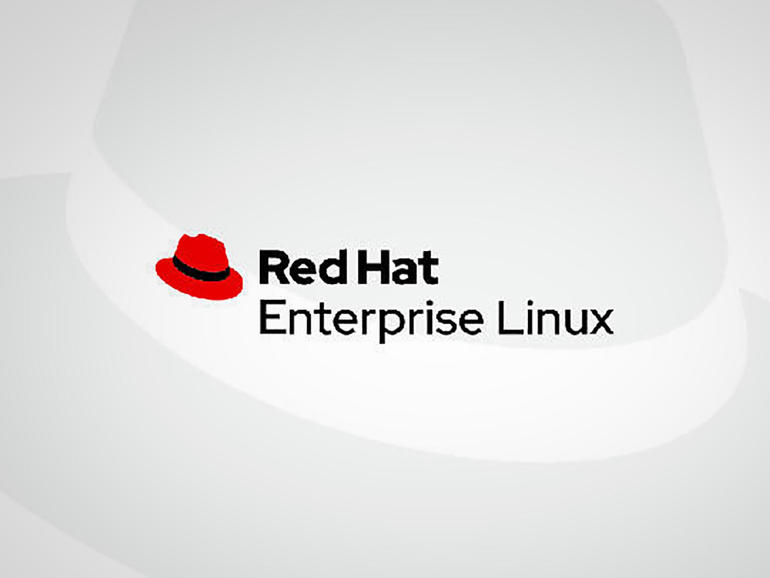When Red Hat, CentOS‘s Linux parent company, announced it was “shifting focus from CentOS Linux, the rebuild of Red Hat Enterprise Linux (RHEL), to CentOS Stream,” CentOS users were not happy. Now, in an effort to mollify them and to keep its promise to open-source organizations, Red Hat is introducing a new, free RHEL for Open Source Infrastructure.
If your non-profit organization, project, standard body, or foundation is “engaged with open source,” you can get a free RHEL subscription via this program. Earlier this year, Red Hat introduced no-cost RHEL for small production workloads and for customer development teams.
So where does this leave the Red Hat operating system family for open-source organizations? Currently, it looks like this:
Fedora for driving leading-edge development of Linux operating system improvements and enhancements.CentOS Stream to test applications and workloads against the next release of the world’s leading enterprise Linux platform.RHEL for Open Source Infrastructure to give open source communities, projects, foundations, and other organizations a stable foundation for creating and hosting innovative open-source software.
And, of course, you can always just pay for RHEL.
Jason Brooks, a Red Hat Open Source Program Office Manager explained:
Supporting the open-source software ecosystem is a core objective for Red Hat. This isn’t a need that revolves solely around making RHEL and other Red Hat solutions supportable in this landscape. We know that we are part of a larger, interdependent ecosystem that we benefit from and which we do our best to foster and support. This support comes in many forms, but often includes helping open source software projects, foundations, and standards bodies access enterprise technologies for development and testing.
We frequently provide no-cost access to RHEL to these groups, but the process isn’t as formalized, consistent, accessible, or transparent as we’d like it to be. With the announcement that we will be shifting our resources to CentOS Stream at the end of 2021, we want to make sure that those organizations engaged with open source have access to RHEL as they build and test the future of open-source software.
In the past, Brooks added, Red Hat did this for open-source organizations, but it wasn’t well-organized. Now, “we want to make sure that those organizations engaged with open source have access to RHEL as they build and test the future of open-source software.”
That said, this version of RHEL won’t work for all open-source developer groups today. Brooks explained: “We realize this program doesn’t cover situations where open-source projects are using Public CI (continuous integration) infrastructure provided by third-parties. This and other programs are still being worked on. So, we’re definitely not yet done expanding RHEL programs to meet community needs and want to hear from you.”
One organization, at least, is already on board and it likes it a lot. The GNOME Foundation‘s executive director Neil McGovern, said:
As a non-profit, we rely on donations to help us achieve our goal of a world where everyone is empowered by technology they can trust. RHEL subscriptions are an essential part of this. With full operating system management and security updates, we can concentrate on the services we provide to GNOME users and developers without having to worry about the underlying systems. Red Hat has generously provided these services to GNOME at zero cost for years, and we look forward to continuing our relationship for a long time to come.
GNOME is also the default desktop in RHEL Workstation. Linux vendors and open-source organizations have long been intertwined with each other. It’s all part of the open-source method where even bitter rivals in business work together on the code.
Not everyone is ready to sing kumbaya together. As one Reddit CentOS user said, “The only reason these changes happened is because of the backlash.” Others, however, pointed out Red Hat had promised from the start when it announced its CentOS changes that it would introduce ” low- or no-cost programs for a variety of use cases, including options for open source projects and communities.”
Still not interested? There are many CentOS alternatives and two new RHEL clones, which duplicate the functionality of the original CentOS — AlmaLinux and Rocky Linux — should be ready for production in a few weeks.
But, if you are interested in knowing more about RHEL for Open Source Infrastructure? Send Red Hat a note to [email protected].



